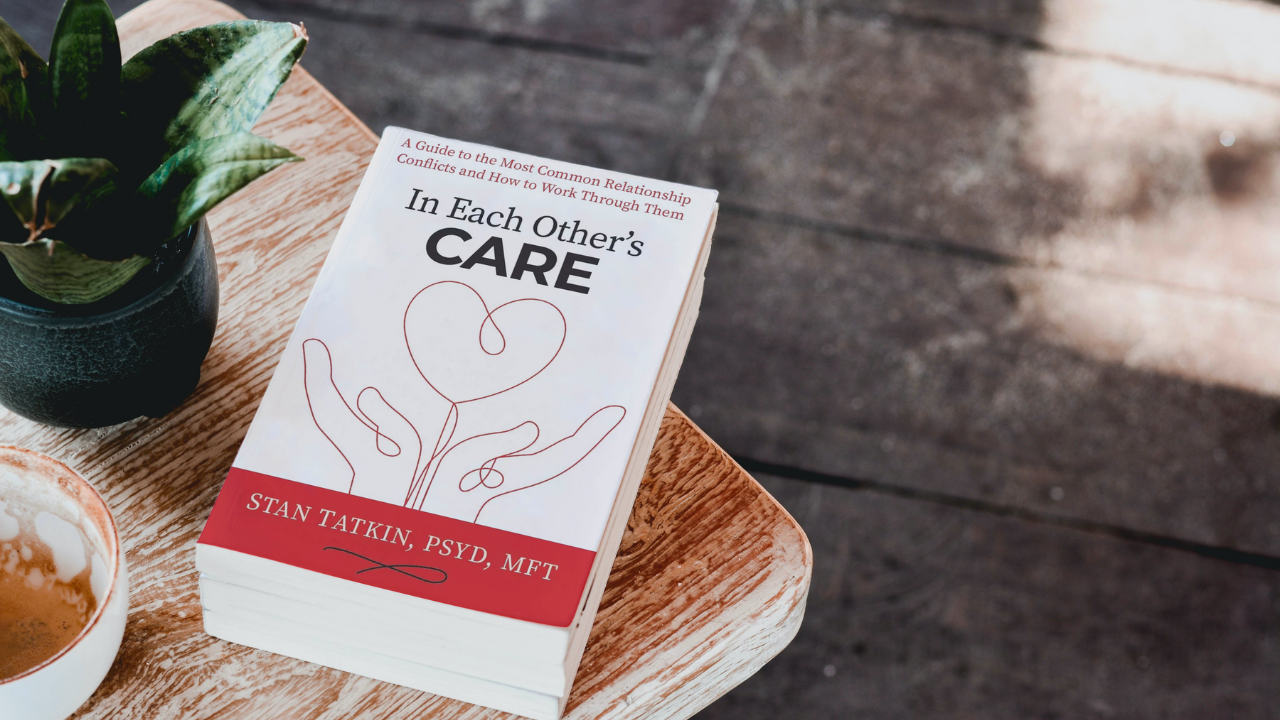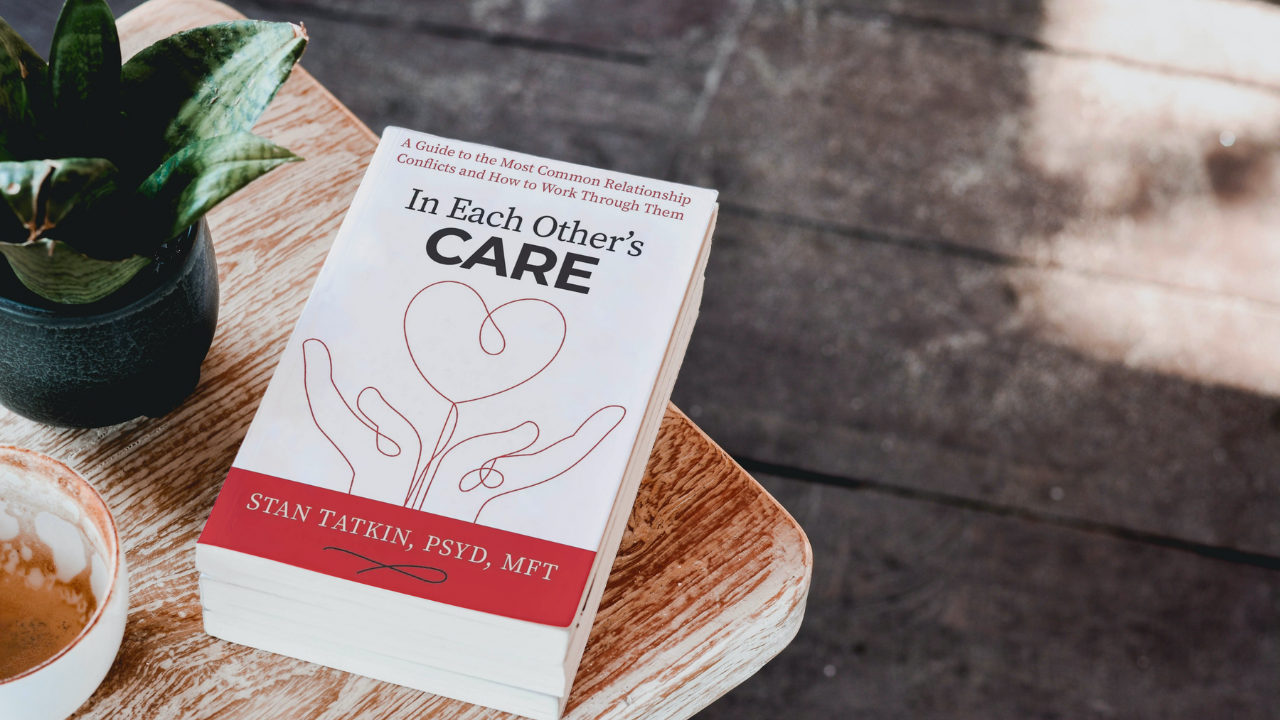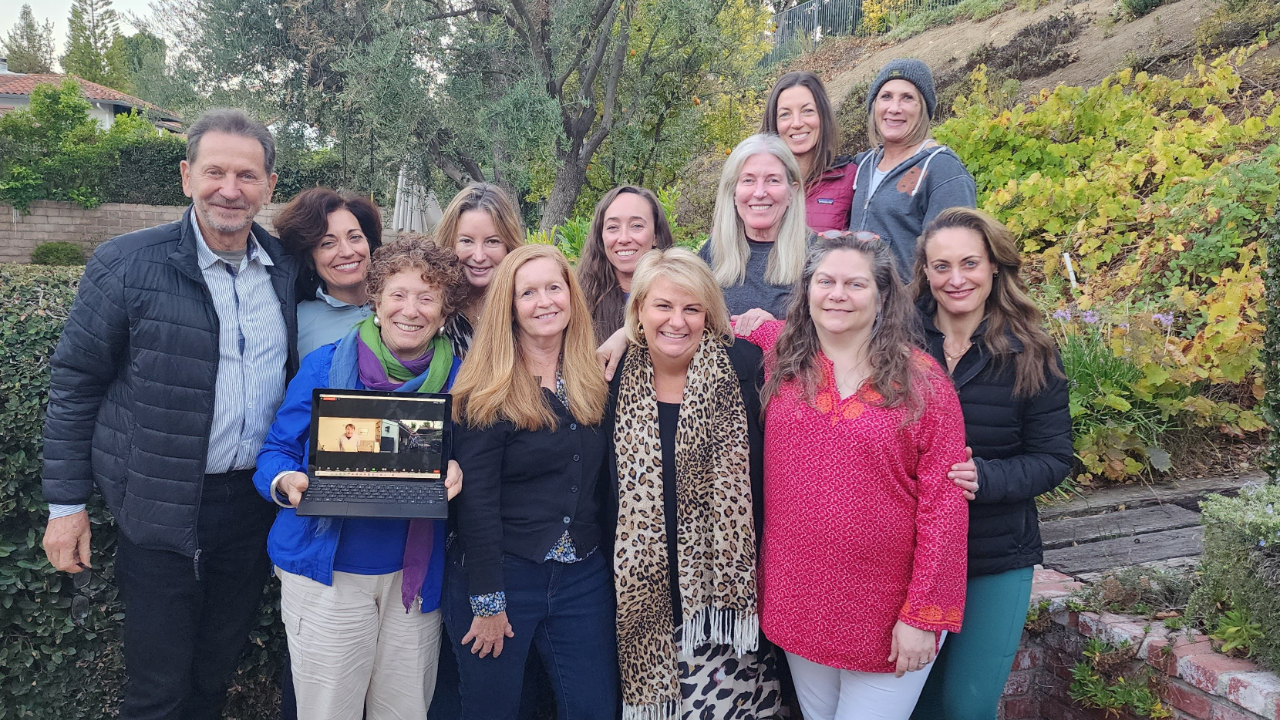Excerpted from In Each Other's Care: A Guide to the Most Common Relationship Conflicts and How to Work Through Them by Stan Tatkin, PsyD, LMFT (Sounds True, 2023)
As mentioned in chapter 2, any and all thirds that threaten the safety and security of the couple system should be comanaged by partners...
Excerpted from In Each Other's Care: A Guide to the Most Common Relationship Conflicts and How to Work Through Them by Stan Tatkin, PsyD, LMFT (Sounds True, 2023)
My friends, most love relationships do not last exceptionally long. There are a good many reasons for this. Let’s start at the very top ...
This month, we’re celebrating the first group to have earned the distinct title of PACT Certified Therapist by completing the highest level of PACT training.
You may see them teaching classes, offering consultation, or sharing PACT research projects.
We asked them what the Certification process w...
In popular culture, on social media, and even in couples therapists’ offices, myths about what constitutes a “good” relationship abound:
“If you’re with the right person, your relationship should be effortless.”
“Couples in good relationships don’t argue.”
We asked PACT Certified therapists about...
By Kelifern Pomeranz, PsyD, CST
PACT Level 3 Therapist
Yolanda and Miguel struggle to talk about sex. Yolanda worries that Miguel is no longer attracted to her and feels insecure, rejected, and confused. Miguel has always had a low libido and more recently has been having difficulty maintaining ...
PACT Level 3 Therapist
“I’m still not comfortable,” says Sam, jiggling his foot.
Sam and Sandra came to couples therapy because they can’t communicate. I start them in each session with a typical Psychobiologic Approach to Couples Therapy (PACT) [1] mutual eye-gazing exercis...
PACT Certified Therapist
As a senior PACT clinician and sex therapist, I routinely use the PACT paradigm to work directly with couples wanting more from their sex lives. I utilize the solid container of a secure-functioning relationship where both are committed to the work of...
By Stan Tatkin, PsyD, MFT
Originally published in Science of Psychotherapy, July 2022
Introduction
As a couple therapist, I struggle with partners every day who seem primarily to follow their feelings and emotions when attempting to govern each other. These couples exist without a shared, co-cr...
By Claire Isaacson, MA LMHC PLLC
PACT Level 2 Therapist
I have been a therapist for over 30 years, and I can’t tell you the number of times I have heard my individual clients wonder if it’s even possible for a romantic relationship to last.
They look around and see relationships on the brink, unde...
PACT Level 3
Any couple's relationship can be challenging to navigate, but when one or both partners have ADHD, the usual difficulties are compounded, which can cause the couple to feel like they are lost in a maze.
ADHD Symptoms
The three types of ADHD are inattentive,...
PACT Level 2 Therapist
As a seasoned PACT therapist, I have used this model for over a decade to transform couple relationships. I’m intensely passionate and loyal to PACT and never thought I would even glance in the direction of another model. Internal Family Systems ...
By Lee Kraemer, R.P. CTP dipl. B.A.
PACT Level 3 Therapist
Let’s address the good, the bad, and the ugly use of humor by both therapists and couples.
Most people have experienced the discomfort of being with a sniping couple at a dinner party or in a therapeutic setting.
“I’m only joking,” th...













